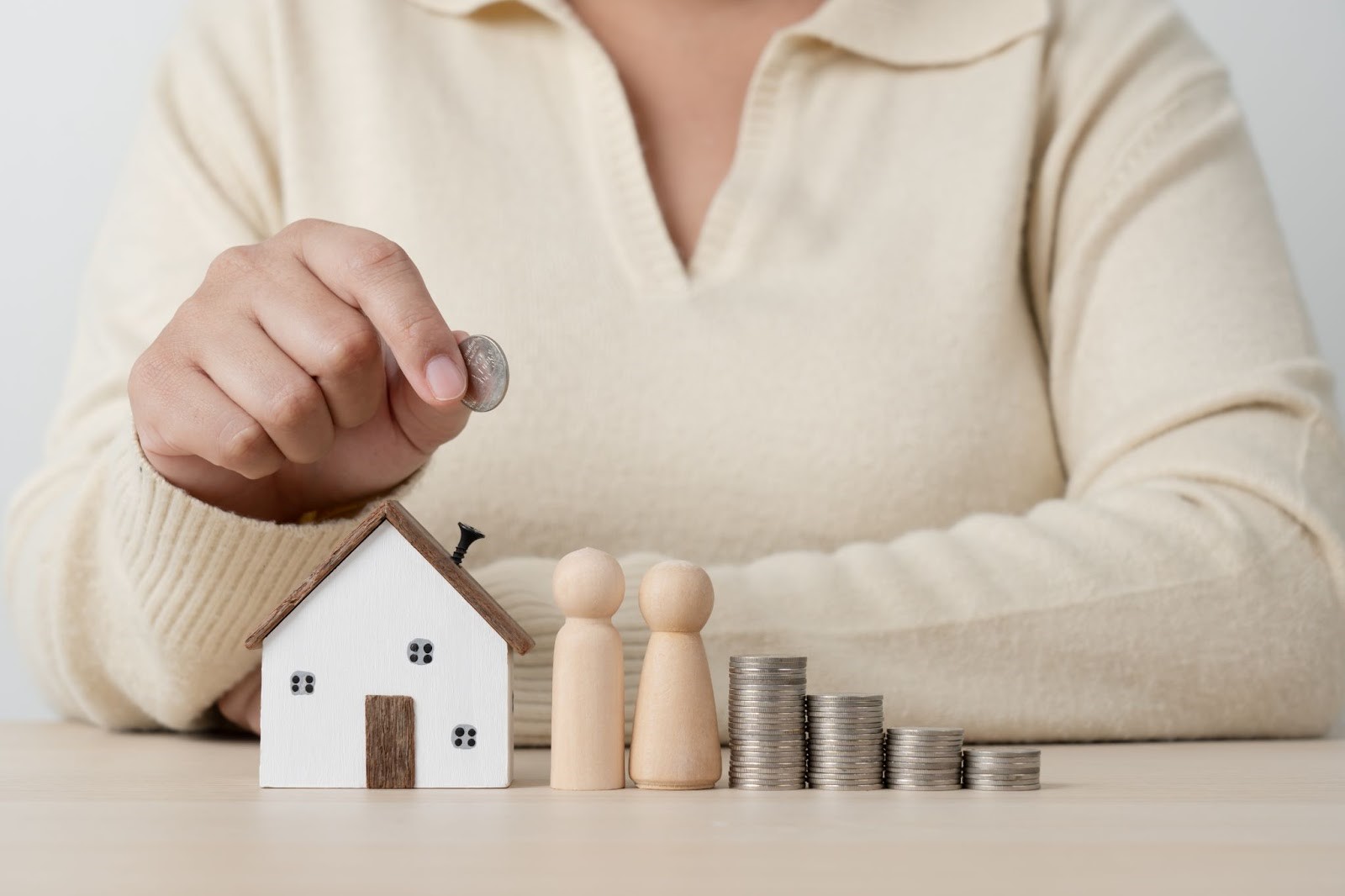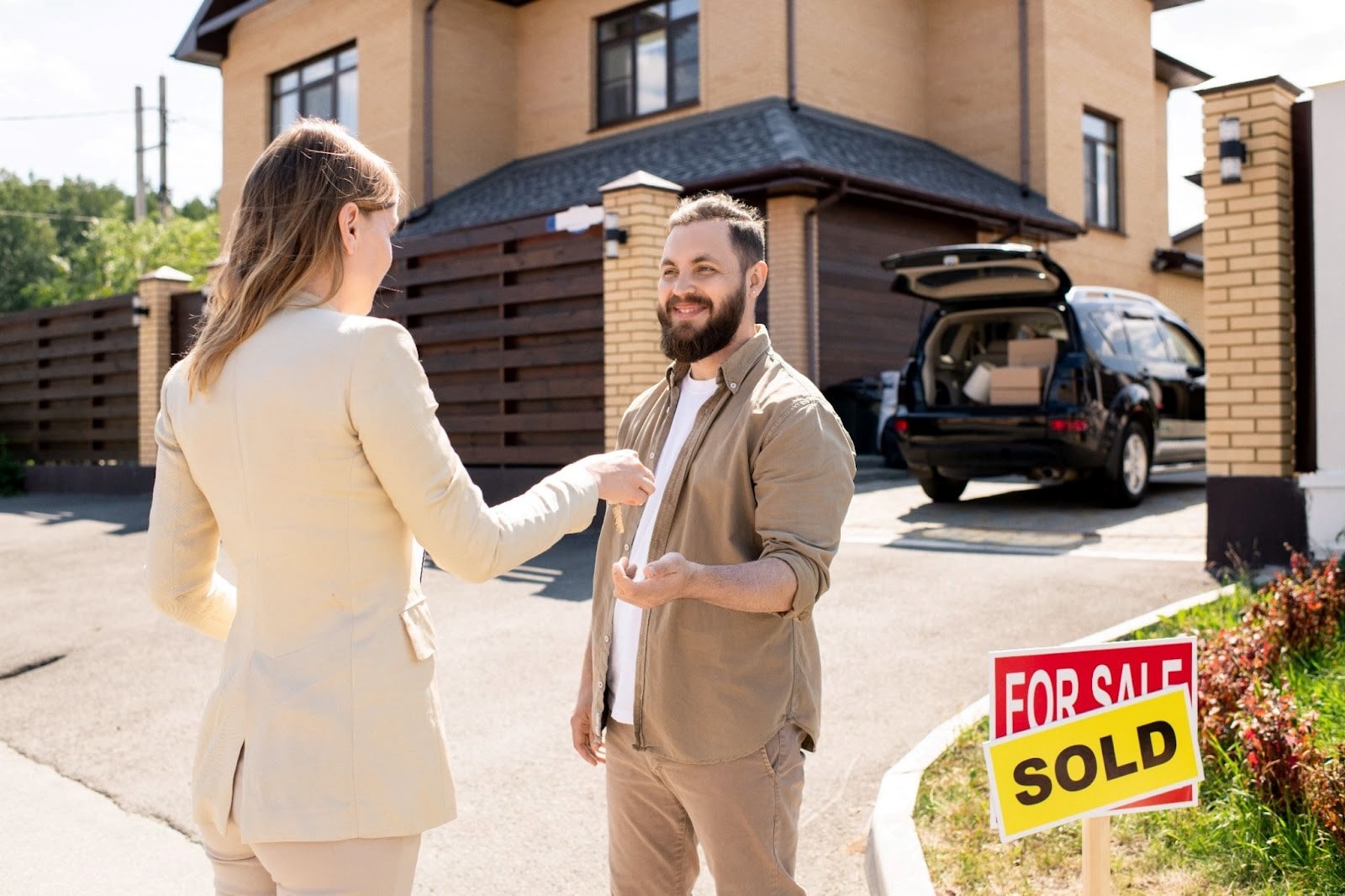
If you’re looking to buy a home in Quebec, one of the first things you need to consider is the down payment. The amount you put down upfront can have a big impact on your mortgage and overall home ownership experience. Understanding what’s required for a down payment in Quebec is essential before diving into the housing market.
Quebec has specific requirements for a minimum down payment based on the purchase price of your home. While there are options for low-down payments, it’s important to weigh the benefits and drawbacks of each option before making a decision. By doing your research and understanding all of your options, you’ll be better equipped to make an informed decision that works best for your financial situation and long-term goals.
The Importance of Understanding Mortgage Down Payments
Making a down payment on a house is an important financial decision that will potentially affect your future. When you’re in the market for a new home, it’s important to know exactly how much of a down payment you’ll need before making an offer. In Canada, the amount of the down payment can vary depending on the type of home and the size of the mortgage. Generally, a minimum of 5 % is required for mortgages under $500,000. For mortgages over this amount, 10 to 20 % is usually required as a down payment.
If you are able to put more money forward upfront, the less interest paid over time can make for lower monthly payments. Financial institutions often prefer having at least 5 % of the total cost of a home come from the buyer’s own resources so keep that in mind when budgeting for your next purchase. Knowing how much is expected for the down payment on a house can help determine if you’re financially ready to make such an investment.
Buy your home with a private loan
What Is The Difference Between A Down Payment And A Deposit?
A down payment is a payment made by a buyer upfront as a portion of the total purchase price, usually associated with large purchases like real estate or vehicles. It is intended to reduce the amount of financing needed and demonstrate the buyer’s commitment. On the other hand, a deposit is a sum of money paid upfront to secure a purchase, service, or rental agreement, providing security to the receiving party against potential losses or damages. Deposits are commonly seen in rental properties and contracts.
Quebec’s Requirements for Minimum Down Payment
The minimum down payment is the lowest amount of cash that buyers need to have upfront before securing their mortgage. In Quebec, the minimum down payment required for a mortgage varies depending on several factors.
For properties under $500,000, the minimum down payment requirement in Quebec is 5% of the purchase price. However, if you’re purchasing a property worth more than $500,000, but less than $1 million, then your down payment will be 5% of the first $500,000 and 10% on anything above that. If the purchase price of your house is over $1 million, your mortgage lender will ask for 20% as a down payment.
For instance, if you’re buying a house worth $500,000 in Quebec, you’ll need to have at least $25,000 as your down payment. If the house is worth $700,000, you will need to have at least $45,000 as your down payment. If the house is worth $1 million, you will need to have at least $200,000 as your down payment. It’s essential to note that these are government requirements and that banks may require higher amounts based on their lending policies. Therefore, it’s advisable to consult with different lenders or financial advisors.
How Does A Down Payment Affect Your Mortgage?
A down payment affects your mortgage by reducing the loan amount and subsequently influencing the loan-to-value ratio (LTV). LTV is the percentage of the property’s value that you’re borrowing, with the remainder being covered by your down payment.
A larger down payment lowers the LTV, which can result in benefits such as more favorable interest rates, lower monthly mortgage payments, and potentially avoiding the need for private mortgage insurance (PMI) if the LTV falls below a certain threshold. Conversely, a smaller down payment increases the LTV, potentially leading to higher interest rates, larger monthly payments, and the requirement for PMI.
How to buy a home with no down payment?
Benefits of a Higher Down Payment
Opting for a higher down payment when purchasing a home can offer several advantages:
- Lower loan amount: A larger down payment reduces the amount you need to borrow, resulting in a smaller loan. This means you’ll have a lower mortgage balance, which can lead to savings in interest payments over the life of the loan.
- Improved loan-to-value ratio (LTV): With a higher down payment, your LTV ratio decreases. Lenders often view lower LTV ratios as less risky, which can result in more favorable loan terms, such as lower interest rates.
- Reduced monthly payments: A larger down payment means you’ll be borrowing less, leading to smaller monthly mortgage payments. This can free up your monthly budget and provide more financial flexibility.
- Potential avoidance of private mortgage insurance (PMI): When the down payment is less than 20% of the home’s purchase price, lenders typically require PMI to protect themselves against the higher risk. By making a higher down payment, you may be able to avoid the additional cost of PMI altogether.
- Equity and ownership: A larger down payment instantly builds equity in your home. Equity is the difference between the home’s value and the remaining mortgage balance. Building equity early can provide financial security and potential options for future borrowing, renovations, or selling the property.
- Improved loan approval chances: A substantial down payment demonstrates your financial stability and commitment to the purchase. This can increase your chances of getting approved for a mortgage, especially if you have other factors, such as a good credit history.
Tips for Saving for a Down Payment
Saving for a down payment can be a significant financial goal. Here are some tips to help you save effectively:
Set a Target
Determine how much you need to save for your desired down payment. Research the housing market and calculate a realistic amount based on the home prices in your desired location. Having a specific target will help you stay focused and motivated.
Create a Budget
Analyze your income, expenses, and savings potential. Create a budget that outlines your monthly income and sets aside a specific amount for savings. Identify areas where you can cut back on unnecessary expenses and redirect those funds toward your down payment savings.
Automate Savings
Set up an automatic transfer from your checking account to a separate savings account dedicated solely to your down payment. Automating the process ensures consistent savings without the temptation to spend the money elsewhere.
Reduce Debt
Minimize your existing debt, such as credit card balances or personal loans. By reducing debt, you can free up more income for saving and improve your debt-to-income ratio, which can positively impact your mortgage eligibility.
Explore Cost-Cutting Measures
Find ways to reduce your monthly expenses. Consider downsizing your living arrangements, negotiating lower bills for services like internet or cable, or cutting back on non-essential expenses like dining out or entertainment.
Increase Income
Explore opportunities to boost your income. This could involve taking on a side job, freelancing, or finding ways to monetize your skills and hobbies. Consider allocating any additional income solely towards your down payment savings.
Save Windfalls and Bonuses
Whenever you receive unexpected income, such as tax refunds, work bonuses, or monetary gifts, resist the temptation to spend it impulsively. Instead, deposit those windfalls directly into your down payment savings account.
Stay Disciplined
Saving for a down payment requires discipline and consistency. Stay committed to your savings goals and avoid unnecessary financial temptations that may hinder your progress.
Buy a House With a Private Loan
There are many reasons why an individual might be denied a traditional mortgage, from poor credit history to a lack of savings for a down payment. Luckily, there are non-traditional sources, such as private loans, that can help potential buyers buy the house of their dreams.
At Refinancement Hypothécaire, we help Quebec residents gain access to private loans. If you have been unable to secure a 5, 10, or 20 % down payment for your property, our dedicated consultants will help you find a private lender with a reasonable rate to ensure you are able to secure the house you want.





